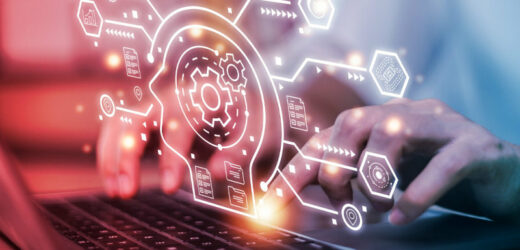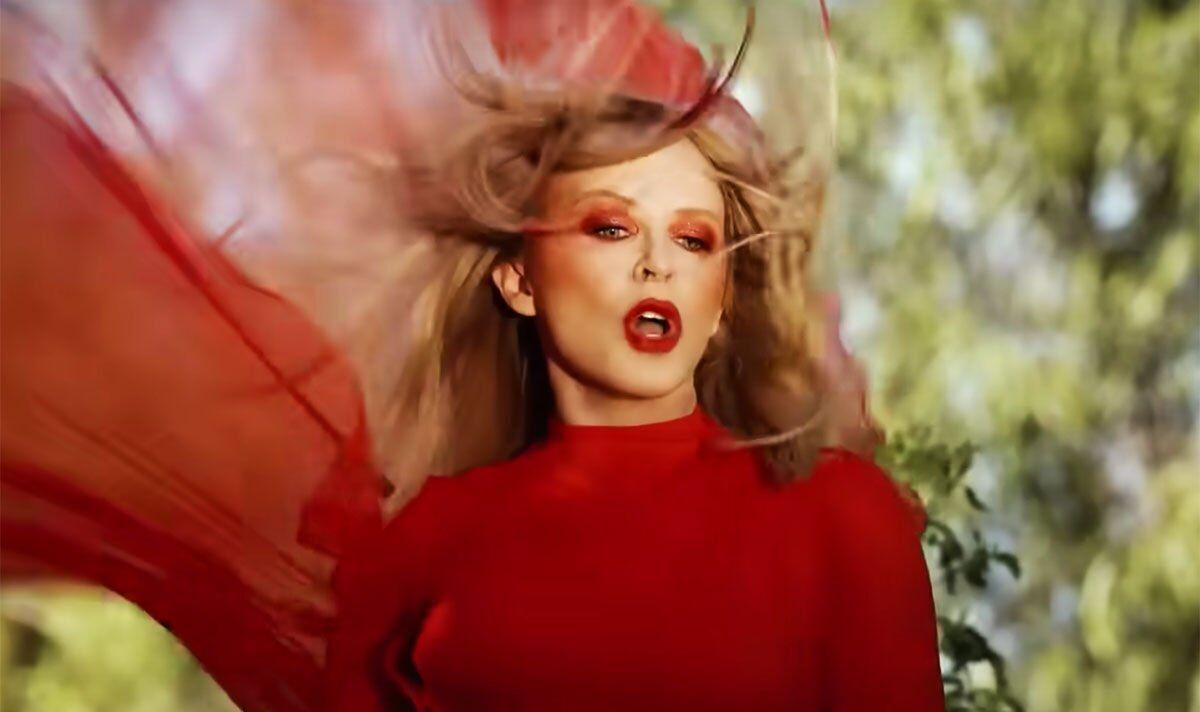Save articles for later
Add articles to your saved list and come back to them any time.
It takes something more than intelligence to act intelligently.
– Fyodor Dostoyevsky, Crime and Punishment
Ay, and there’s the rub, to channel Hamlet and then redirect him, what dreams may come, not of and in death, but in the here and now of the brave new world of artificial intelligence. It must give us pause. Indeed, it is starting to.
AI is of itself without ethics or morality.Credit: Getty/istock
Depending on the day of the week and which way the wind is blowing, AI is either the harbinger of humankind’s extinction or its saviour. Some might see AI as the genesis of our extinction, and others might reply that shouldn’t the urge for collective survival be enough? After all, we have survived our mutually assured destruction through nuclear apocalypse. So far.
Recently, AI experts and scholars have been warning that – to use the word du jour – the technology can be weaponised. A tweak here, a tweak there, of biological or military systems, for instance, and a rollercoaster of mass extinction can be let loose upon the world. Unplugging the monster is not that simple. This being a worldwide web, the off switch may also affect systems that are essential.
Pre-internet, indeed, pre-computer age, the barricades could just go up. A village has the Black Death? No problems, just isolate and wait. No more. It’s a global village, and everything is instant. Marshall McLuhan coined the term global village in the 1960s. Though it was an apposite description for the way the world was turning, it was also neutral. While some good might come of it, also there was likely to be “maximal disagreement on all points”.
A tangent to this progress, where the curve has gone light years exponentially (like a Ritchie Blackmore guitar solo), is in the danger to our grip of reality. While there is good news such as John Lennon’s voice being raised in an old song made new, AI turns perception inside out. Literally. How will we trust the doors of our perception? Truth is, unless we can truly trust the source of the information, we can’t know what is real when it comes via the internet. It’s too late to cry “Out damned bot, out I say!”
It’s too late to cry, ‘Out damned bot, out I say!’
While AI increases collation and prediction of information to unimaginable speeds, so helping us in fields such as medicine, it is of itself without ethics or morality. And that being so, it is impossible to have faith in its direction.
So it comes down to us. With this rise, and against all the odds and examples to the contrary through history, is it possible to have faith in human intelligence? Can we act intelligently enough that we don’t find ourselves simply hanging onto a thread and hoping it doesn’t snap?
Before that, hopefully, we might ask what it means to be human. Many a philosopher has burned the midnight oil wrestling with the question. Perhaps it means not so much invention, but the reinvention of what is important.
The science fiction author Arthur C. Clarke once said that it had yet to be proven that intelligence had any survival value.
But in the shadow land of AI, there is a chink of light perhaps in this: outside the machine, there exists the human touch. Having faith in that may be this century’s prayer. Imagine.
Most Viewed in National
From our partners
Source: Read Full Article



